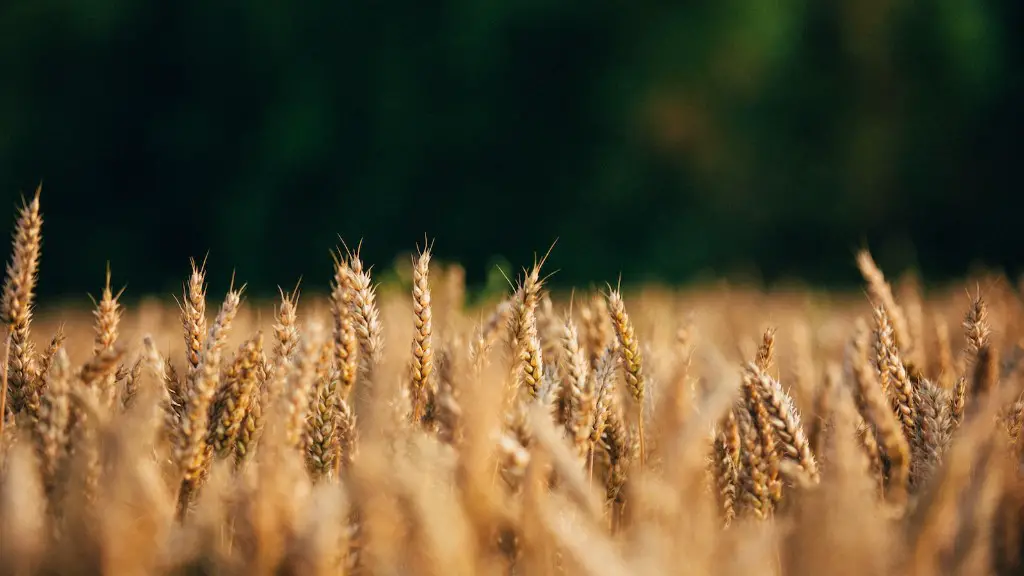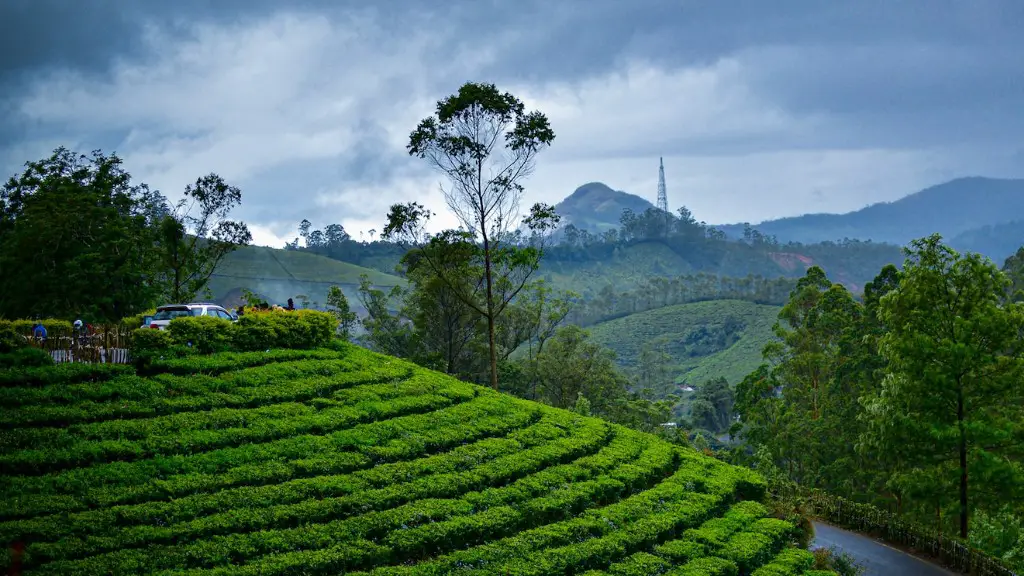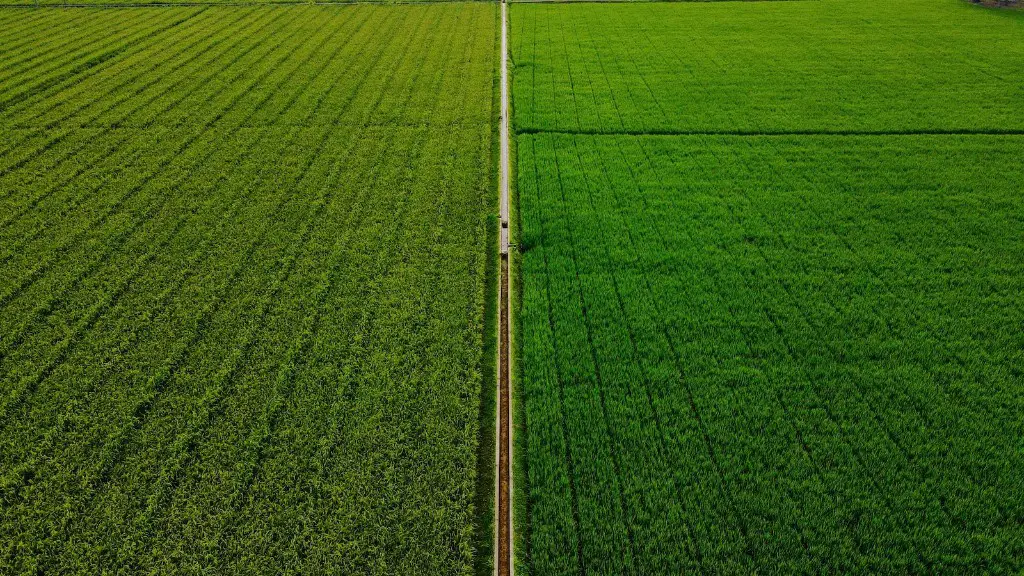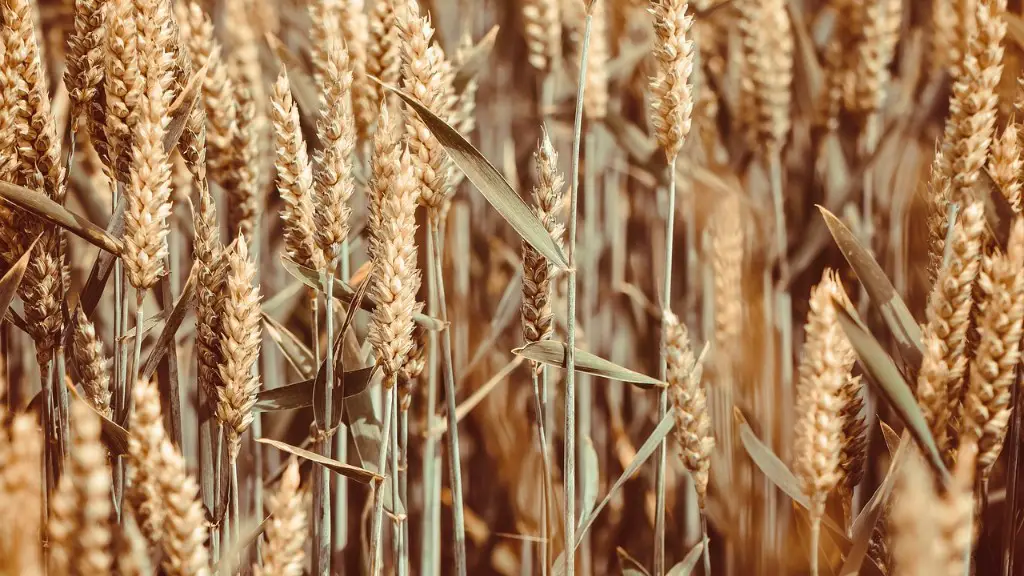Chemicals, such as fertilizers and pesticides, have become an essential part of modern agricultural production and have significantly improved crop yields. Farmers use chemicals to increase soil fertility and improve weed control, as well as protect their crops from pests and diseases. Although the use of chemicals in agriculture has been beneficial for farmers, it has raised serious concerns about the safety of food for human consumption.
Pesticides are perhaps the most widely used chemicals in the agricultural sector, and are used to prevent crop damage by controlling pest populations. Insecticides and herbicides are used to control pests and weeds, respectively. However, the use of pesticides has resulted in environmental contamination, with toxic substances polluting soils and water bodies.
Fertilizers are used to increase soil fertility and enhance crop production. Without fertilizers, farmers are not able to achieve the desired yields. However, the use of fertilizers can lead to the contamination of ground water due to the leaching of nutrients into the soil. In addition, excessive use of fertilizers can lead to a depleted soil structure, leading to reduced crop yields.
The use of genetic engineering is another common agricultural practice that involves the use of chemicals. This technology involves the manipulation of the genetic makeup of plants in order to enhance certain traits. It has been used to create more resilient and disease-resistant plants, as well as to produce plants with higher yields. However, the use of genetic engineering has been met with much controversy due to safety concerns.
In conclusion, the use of chemicals in agriculture has enabled farmers to increase crop yields and protect their crops from pests and diseases. However, this practice has raised serious concerns about the safety of food for human consumption and the potential environmental contamination caused by the use of chemicals. It is important that farmers use chemicals responsibly in order to minimize the potential risks associated with their use.
Groundwater Contamination
The use of chemicals in agriculture can have serious implications on the environment, especially when it comes to groundwater contamination. Fertilizers and pesticides that are used to improve crop yields can be washed away by water, resulting in the pollution of water bodies. This increases the presence of harmful chemicals in groundwater, making it unsafe for human consumption.
Groundwater contamination can occur through the leaching of chemicals into the soil, as well as when these substances are directly applied to plants. In both cases, the chemicals can find their way to groundwater and result in a range of health risks for people who consume this water. In addition, this contamination can also have a devastating impact on the aquatic ecosystems, leading to the extinction of some species.
Chemicals that are applied to crops can also affect the quality of soil and adversely affect the structure and fertility of the soil. In such cases, the land may become unsuitable for further agricultural use. This further highlights the need to be mindful when using chemicals in agriculture.
The seriousness of the effects of groundwater contamination has led the government and other organizations to implement numerous regulations and guidelines to ensure the safe use of chemicals in agriculture and reduce the amount of pollution entering water bodies. Farmers should adhere to these guidelines if they wish to avoid the potential risks of groundwater contamination.
Chemical Residues
The use of chemicals in agriculture can also lead to the presence of chemical residues on food products. These residues are the result of the use of pesticides and other dangerous chemicals, which can be found in fruits, vegetables and other agricultural products. Regular exposure to these chemicals can have serious health consequences, including cancer, birth defects and even reproductive problems.
The presence of chemical residues on food products may also cause food safety issues, as these residues may pass on to consumers if the product is eaten directly. To avoid the potential health risks associated with the presence of chemicals, consumers should be made aware of the potential presence of these chemicals on food products and take the necessary precautions when consuming them.
To protect consumers from the presence of chemical residues, governments have implemented various guidelines and regulations regarding the use of chemicals in agriculture. These regulations limit the amount of chemicals that can be used and outline the procedures for tracking and monitoring the application of chemicals. Farmers should adhere to these regulations in order to keep chemical residues in food products at a safe level.
In addition, governments have also introduced labelling requirements for food products that contain chemical residues. This allows consumers to make more informed decisions when choosing food products, as they can easily identify products that may contain chemicals and take the necessary precautions when consuming them.
The use of chemicals in agriculture is essential to improve crop yields and protect crops from pests and diseases. However, it is important that these chemicals are properly managed in order to safeguard the environment and protect consumers from the potential health risks associated with their presence on food products.
Economic Issues
The use of chemicals in agriculture can also lead to a number of economic problems, particularly for farmers. The use of chemical fertilizers and pesticides is often expensive and increases the cost of production for farmers. The high cost of these chemicals can make it difficult for farmers to remain in business, especially small-scale farmers who have limited access to financial resources.
The use of these chemicals can also lead to financial losses for farmers. These losses occur when crop yields are lower than expected due to the presence of pests or diseases. In such cases, farmers may incur additional costs to order more chemicals or to purchase additional equipment in order to protect their crops.
Moreover, the use of chemicals in agriculture can also have an economic impact on the local economy. The presence of chemicals in the environment can lead to decreased crop yields, meaning that fewer crops will be available on the market. This can affect the livelihoods of local farmers and can lead to higher prices of food products due to reduced supply.
The economic impact of the use of chemicals in agriculture should not be overlooked. Governments and other organizations should work with farmers to ensure that chemicals are used responsibly and that their economic impact is minimized. This is especially important for farmers who are struggling to remain profitable and implement sustainable agricultural practices.
Conclusion
The use of chemicals in agriculture has been beneficial for farmers, allowing them to increase crop yields and protect their crops from pests and diseases. However, this practice has raised serious concerns about the safety of food for human consumption and the potential environmental contamination caused by the use of chemicals. It is important that farmers use chemicals responsibly in order to minimize the potential risks associated with their use.
In addition, the use of chemical fertilizers and pesticides can also lead to a number of economic issues, particularly for small-scale farmers who are struggling to remain in business. It is therefore important that governments and other organizations work with farmers to ensure that chemicals are used responsibly and that their economic impact is minimized.




